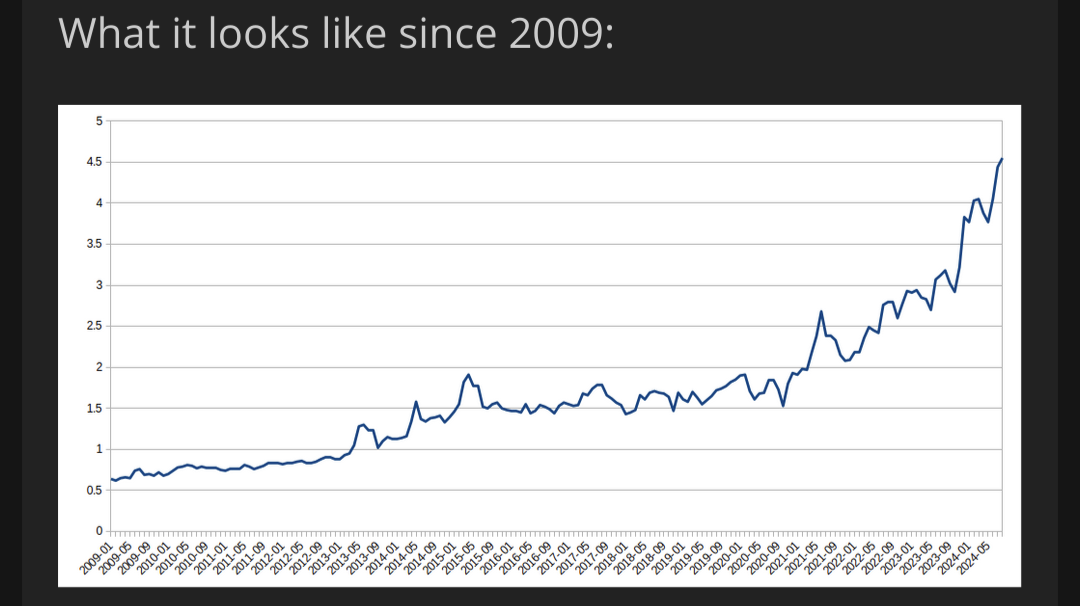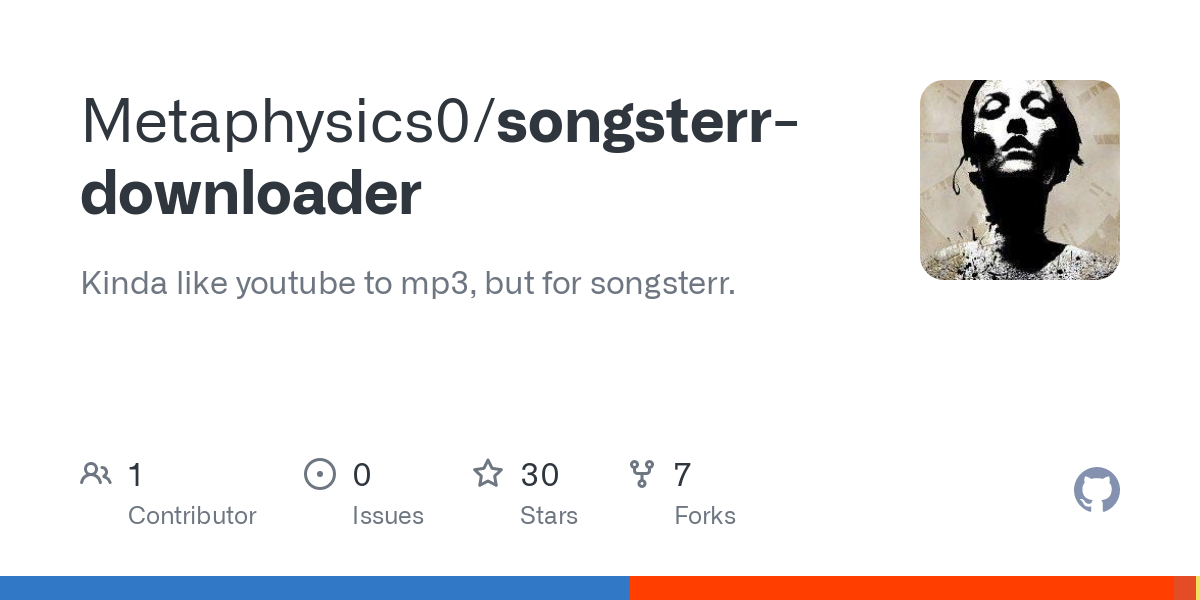Older Thinkpad (eg T460)?
Kalcifer
All of this user’s content is licensed under CC BY 4.0.
- 22 Posts
- 185 Comments
Dang, that’s pretty neat! Man, there’s probably going to be some funky bugs with legacy code getting included into Rust.
I thought Rust already had several different methods for interacting with C++?
Oh? Would you mind sharing them? It would be absolutely fantastic if such a thing existed and is mature enough to be practically used.
Personally, I have little interest in learning or dealing with C++ solely for the sake of developing KDE applications. I would much rather use Rust.
Imo, Restricting the languages that can be used for app development cuts out large swaths of developers who would otherwise be eager to develop software for the project. I’m sure there are some who wouldn’t mind picking up C++ for this cause, but I’d wager that they are a minority. Gnome beats out KDE in that regard, imo, as GTK has bindings and documentation for many languages.

 1·10 days ago
1·10 days agoThat’ll definitely come in handy. Thanks!

 5·10 days ago
5·10 days agowithout having to reboot to run the installer?
I’m not sure that I understand what you mean. Are you saying that you want to be able to load the OS without having to reboot your computer? Or are you saying that you just don’t want to have to click the equivalent of “try the OS” when booting a live USB? If it’s the latter, you should be able to just select the flash drive as the install point (though, tbc, I have never tried this, but I don’t see why it wouldn’t work) (I think you’d need 2 USBs, though — you’d need 1 to be the installer source, and one to be the install point — I don’t think theres any installer that can run as a desktop application. Though, if it’s Arch Linux, you might actually be able to call pacstrap from the host OS — I’ve never tried this after having already installed the OS). There’s even OS’s that are specifically designed to be ephemeral on hardware in this way — eg Tails OS.

 42·13 days ago
42·13 days agoAs of 2024-09-03T22:10:25.545Z, Starlink is now complying with Brazil’s X ban [1].
References
- “Starlink says it will block X in Brazil”. Emma Roth. The Verge. Published: 2024-09-03T22:10:25.545Z. Accessed: 2024-09-04T04:17Z. https://www.theverge.com/2024/9/3/24235204/starlink-block-x-brazil-comply-elon-musk.
“We immediately initiated legal proceedings in the Brazilian Supreme Court explaining the gross illegality of this order and asking the Court to unfreeze our assets,” Starlink says in a post on X. “Regardless of the illegal treatment of Starlink in freezing of our assets, we are complying with the order to block access to X in Brazil.”
- “Starlink says it will block X in Brazil”. Emma Roth. The Verge. Published: 2024-09-03T22:10:25.545Z. Accessed: 2024-09-04T04:17Z. https://www.theverge.com/2024/9/3/24235204/starlink-block-x-brazil-comply-elon-musk.

 2·13 days ago
2·13 days agoThis is amazing! Thank you so much for doing this!! Would you mind telling me your process for extracting the data from the graph? Did you tediously manually extract eye-balled data-points? Or, did you run it through some software which extracted them? Or, perhaps, did you just find and use the original data source?

 14·14 days ago
14·14 days ago
I’d like to see a logarithmic version of this graph. Picking out a straight line in a log graph is easier than trying to discern an exponential. I want that juicy exponential.

 11·16 days ago
11·16 days agoHuh. That’s actually kind’ve a clever use case. I hadn’t considered that. I presume the main obstacle would be the token limit of whatever LLM that one is using (presuming that it was an LLM that was used). Analyzing an entire codebase, ofc, depending on the project, would likely require an enormous amount of tokens that an LLM wouldn’t be able to handle, or it would just be prohibitively expensive. To be clear, that’s not to say that I know that such an LLM doesn’t exist — one very well could — but if one doesn’t, then that would be rationale that i would currently stand behind.

 6·20 days ago
6·20 days agoI’ve played it for a bit, and it’s a decently fun and well-made game! My only gripe is that it requires an email for signup; I wish it would only require a username and password. For most users, though, I’d wager that that’s a pretty minor issue.

 1326·21 days ago
1326·21 days agoI upgraded from 8GB to 16GB like 2 months ago.

 2·21 days ago
2·21 days agoWatch for battery life when buying older Surface devices. Replacing batteries in the older Surface Pros is notoriously difficult, because apparently the whole assembly is glued together.
Thank you very much for the heads up!
Newer versions are apparently more repairable, but you’ll have to investigate where that cut-off line of repairability is.
It looks like an attempt at heading in the direction of repairability started with the Surface Pro 9, but it’s still quite involved [1][2].
References
- “Surface Pro 9 Teardown: The Most Repairable Surface In Years”. iFixit. Youtube. Published: 2022-11-10 (Accessed: 2024-08-26T02:28Z). https://www.youtube.com/watch?v=bGP1pO8nGDc.
- “Microsoft Surface Pro 9 Repair”. Clay Eickemeyer, Spencer Day. iFixit. Published: 2024-03-30 (Accessed: 2024-08-26T02:30Z). https://www.ifixit.com/Guide/Microsoft+Surface+Pro+9+Repair/165163.

 3·25 days ago
3·25 days agoThank you for pointing out, by example, a flaw in my original title 😆

 3·28 days ago
3·28 days agoThat’s actually a pretty slick interface. It makes me wonder how many solid apps have been lost to obscurity.

 5·26 days ago
5·26 days agoI’ll see if maybe I’ve just misconstrued the over-complexity for my needs.
It depends how you are defining “over-complexity”. FreeCAD is a very capable CAD application, so, by extension, it has a vast array of features which means that a single task could potentially be tackled multiple ways. That being said, it is not a difficult application to use, imo. The UI feels well designed, and it’s responsive. Like many things, the level of ease of use, and productivity when using it depends a lot on one’s familiarity with the application.

 1·28 days ago
1·28 days agoThank you for your suggestion!
Would you be able to provide some screenshots of the application? The website for the application doesn’t seem to exist anymore, and the GitHub page doesn’t have any images of the application. I must confess, however, that I’m somewhat hesitant to use an application that is no longer maintained, and isn’t popular enough to provide a large enough chance of good security due to the sheer number of people looking at the source code and using the app. Granted, the latter could be solved by me “simply” looking through the source, but I confess that this doesn’t feel entirely worth it, atm.
+1 for FreeCAD.



Ah, so it does [1]. Apologies! Perhaps another older Thinkpad has a 12" screen? From what I’ve heard, and from my experience with my own T460, they’re usually pretty solid laptops, so if you could find one with the specs that you are seeking, I would say that it’s worth considering.
References